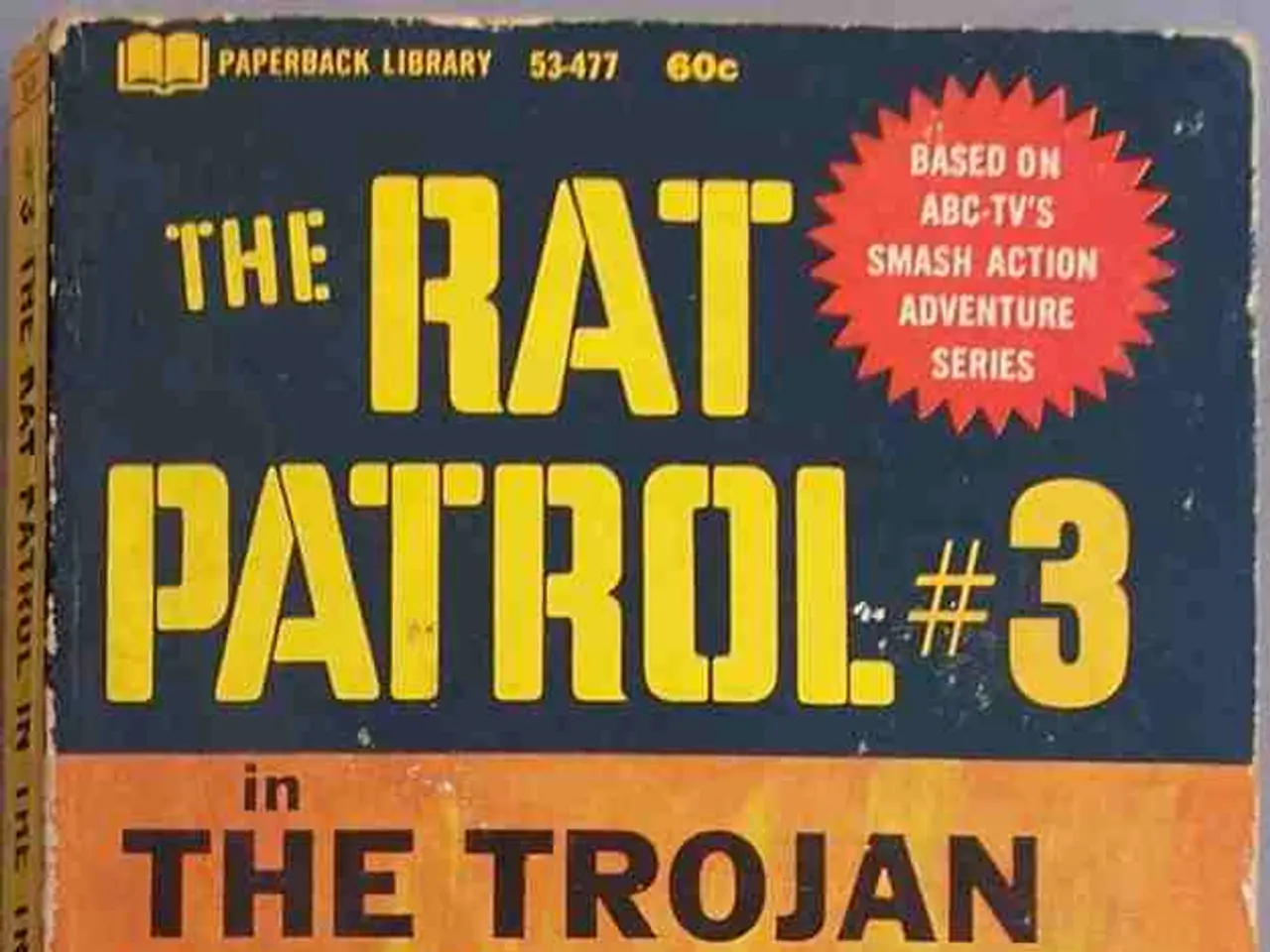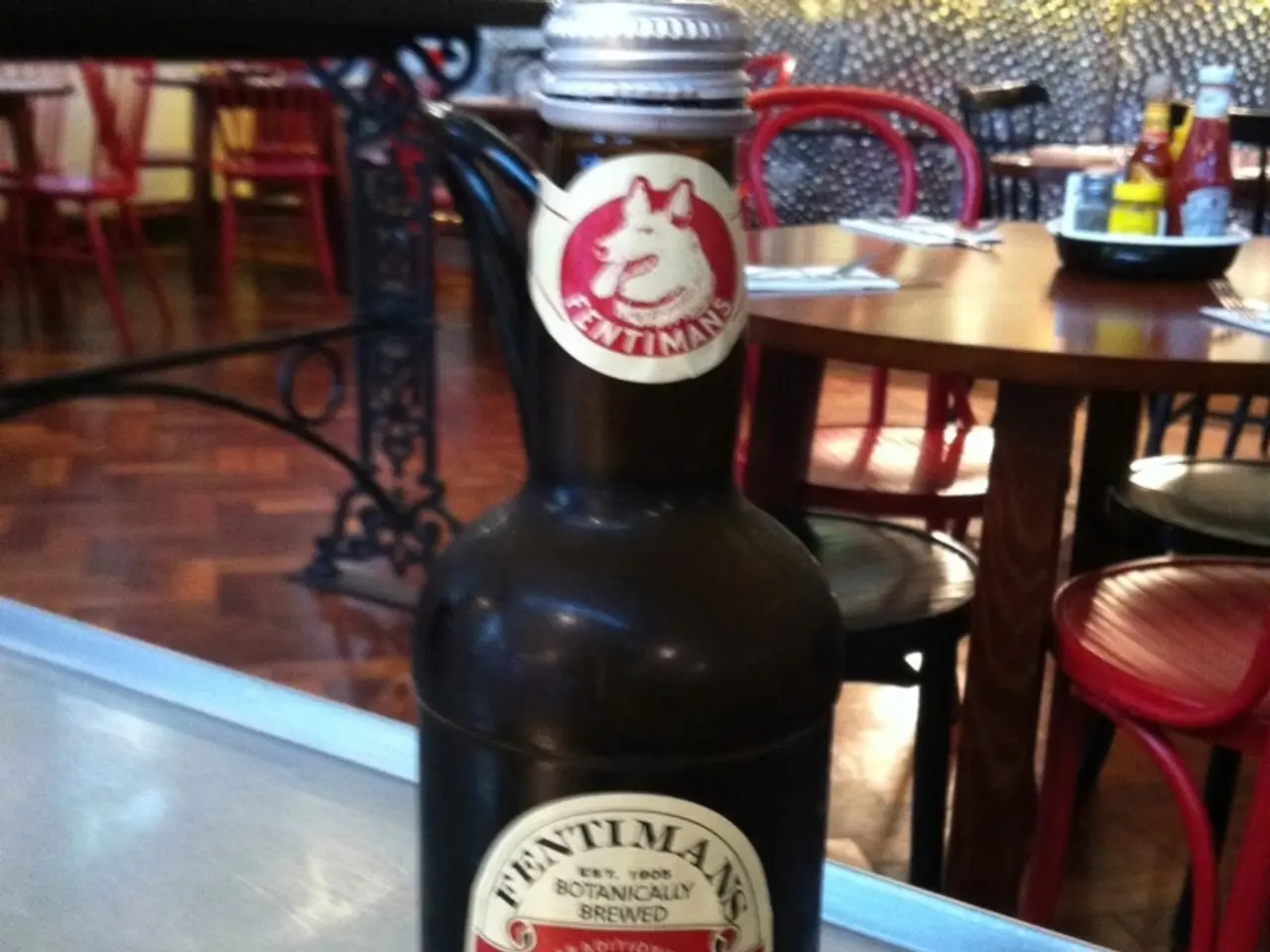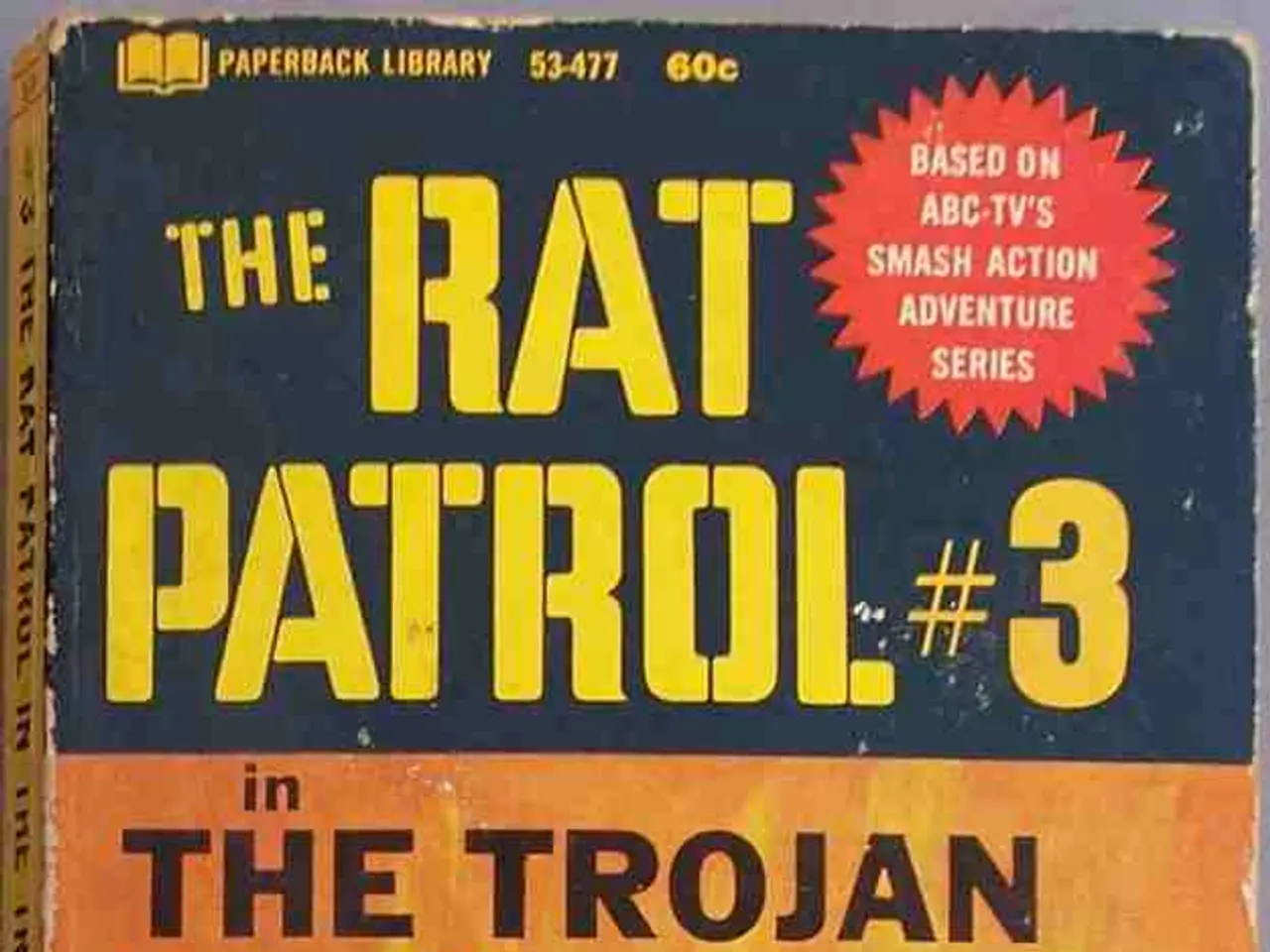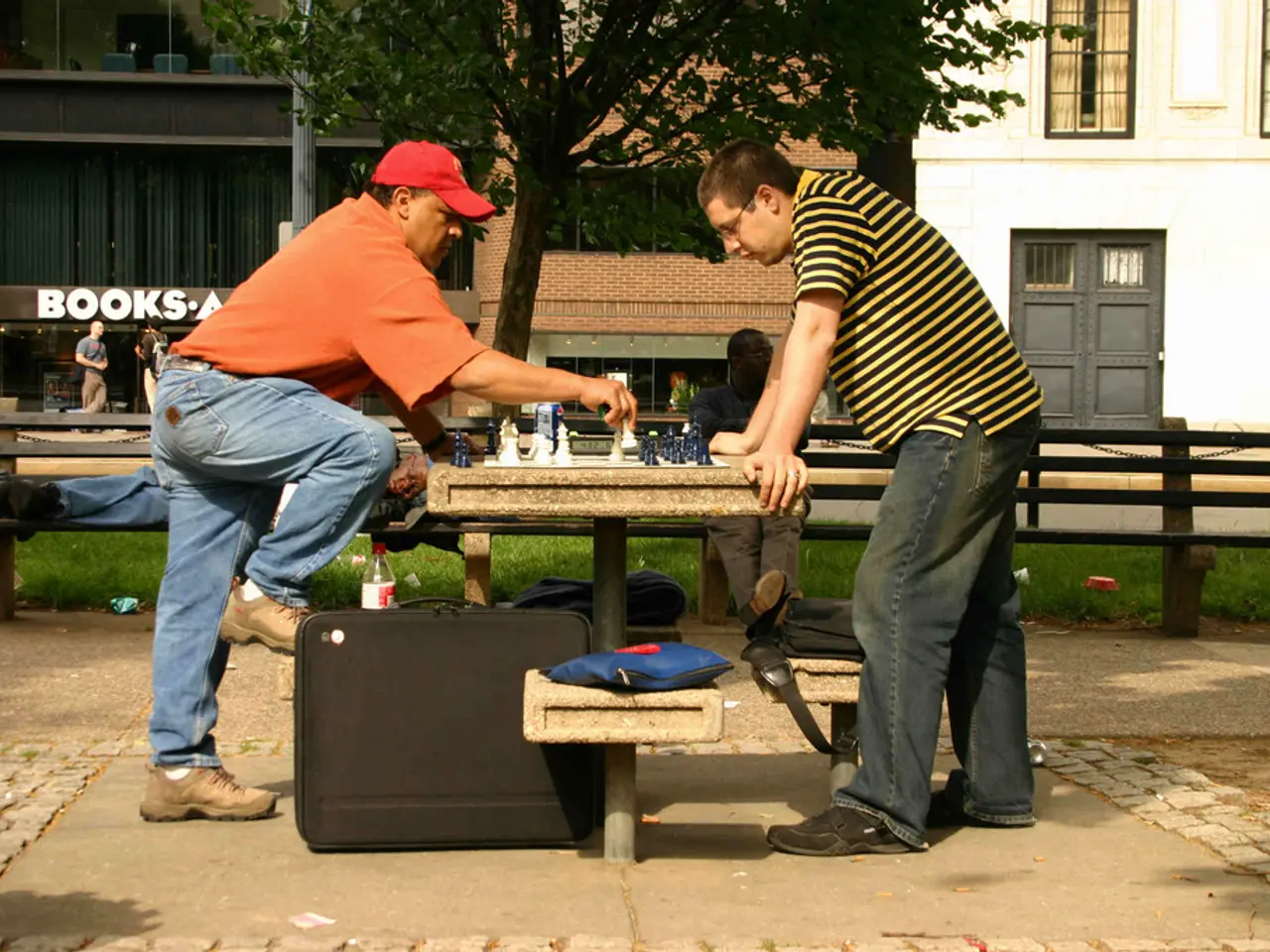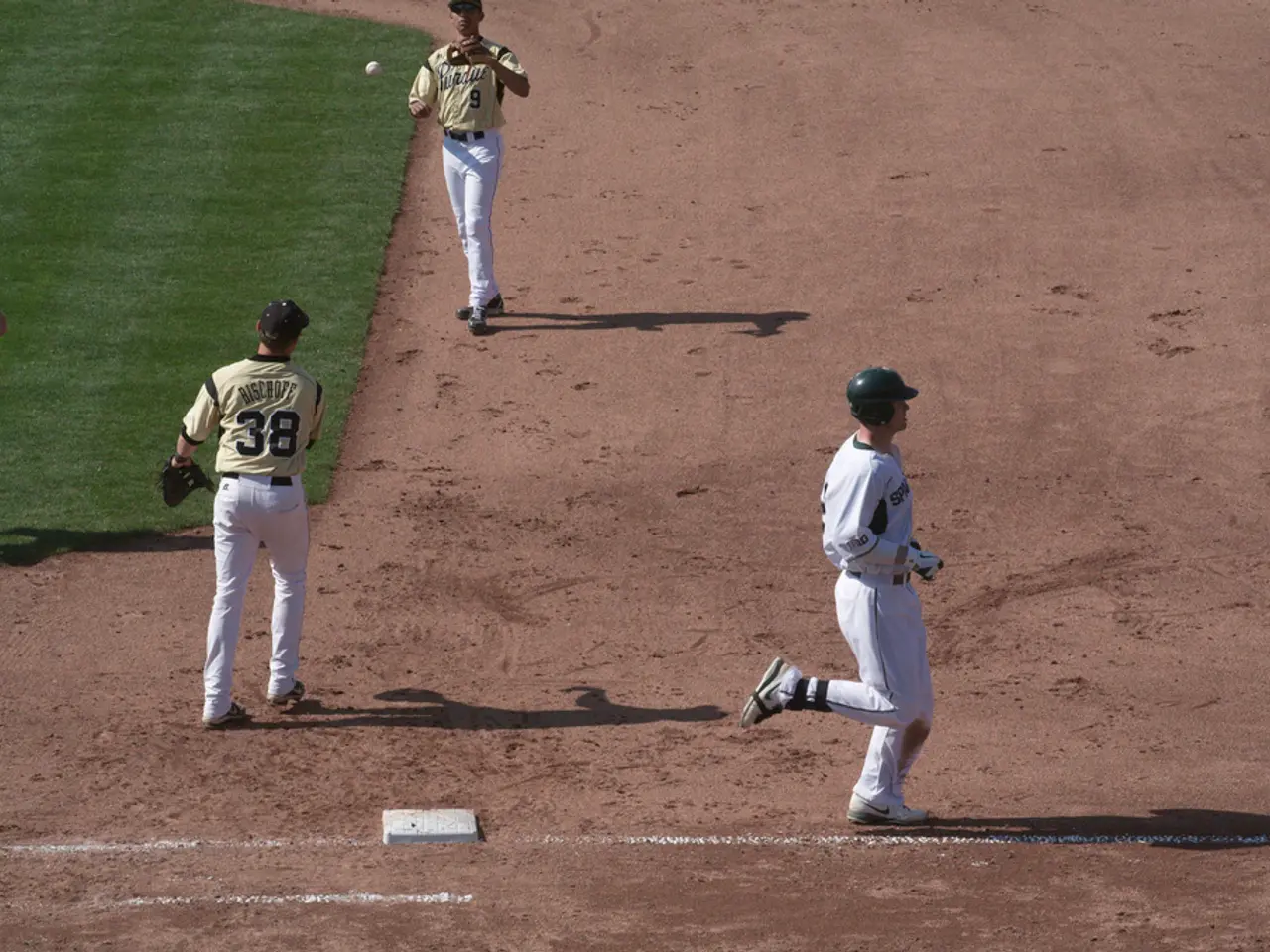Escalating financial difficulties plague Russia's economy.
Things are looking grim for Russia, and it's not just about the lack of potatoes on dinner tables. The economic problems plaguing the nation have escalated, making headlines and stirring concerns among experts.
Empty Supermarket Shelves and Skyrocketing Prices
President Vladimir Putin himself noticed the absence of potatoes, sugar beets, and various vegetable varieties. The price hikes have been staggering, with potatoes more than tripling, onions doubling, and cabbages jumping by over 50% in a single year. The increases feel even harsher in the context of averaged incomes of around €1,000 pre-tax and pension payments of just over €200. These ballooning food prices are significant drivers of the sky-high inflation, currently at 9.6%.
The Central Bank's Desperate Attempts
The Central Bank is doing its part to tackle inflation by implementing hefty interest rates, now standing at 20%. By making borrowing more costly, the hope is to decrease the money supply, leading to decreased demand, and ultimately, falling inflation. However, Russia is facing further challenges.
The Government's Promise of Recession
In an unusual move, Economic Minister Maxim Reshetnikov voiced concerns about the domestic economy during Putin's prominent stage, the St. Petersburg International Economic Forum (SPIEF). According to Reshetnikov, they are already teetering on the edge of recession, and the current interest rate level is deterring entrepreneurs from investing. The minister estimates that investments could drop below last year's levels in the third and fourth quarters.
Central Bank Governor Elvira Nabiullina defended the monetary strategy, but she also foresees difficulty. Russia's economy has thrived over the past two years despite sanctions, bolstered by programs to replace imports, funding from the National Welfare Fund, and existing capital reserves of the banking system. However, Nabiullina warns that these resources have almost been depleted, signaling the need for a new growth model.
The Darker Side of War Production
Russia's economic resilience was surprising given its ongoing attack on Ukraine, met with Western sanctions. Most of this resilience comes from a drastic shift towards military production, with Putin's close ally, Sergei Chemesov, boasting of an increase in ammunition and weapons production by "multiple" compared to 2021.
However, critics assert that the surge in Gross Domestic Product (GDP) doesn't reflect the economic potential to generate new goods for citizens or improve their living standards. Instead, it shows an expansion of the defense industry, funded by household funds, manufacturing drones, rockets, and tanks.
Civilian Sectors in Crisis
Meanwhile, civilian sectors are grappling with high costs, labor shortages, and outdated technology, situations worsened by sanctions. Industries like construction and real estate are facing severe crises, and automakers like Avtovaz, struggling to fill the void left by Western manufacturers, are unable to meet consumer demand. The agricultural machinery manufacturer Rostselmasch is also in crisis, with over 15,000 employees temporarily laid off and sales of combine harvesters slumping by 20% last year and another 10-15% this year.
A Gloomy Outlook for Agriculture
This has a direct impact on agriculture. Although Putin boasts of a record grain harvest of 157 million tons in 2022, yields have declined in recent years. The Kremlin leader has ambitious hopes for an increase to 170 million tons and exports to 80 million tons by 2030, but Deputy Prime Minister Dmitri Patrushev warns of an unfavorable trend that requires immediate correction.
So, while Russia may have narrowly escaped the economic brink after the initial onslaught of Western sanctions, it now stands on precarious ground. The shift towards war production has severe repercussions for the wider economy, while the longer-term effects of tight monetary policy, labor shortages, and increased inflation remain to be seen. One thing's for sure—Russia's future economic stability hangs in the balance.
[1] ntv.de, "There's Not Just a Shortage of Potatoes.."
[2] Unnamed source states that approximately 2.6 million workers have left or may have been conscripted.
[3] ntv.de, "Surprising Admission: Minister Russia on the Brink of Recession."
[4] ft.com, "Russia's economic growth slows sharply."
[5] wsj.com, "Russia's tanking economy."
- Attack on Ukraine
- Wars and Conflicts
- Food Requirements
- Russia
- Food Prices
- Consumer Prices
- Inflation
- Military Spending
- Workforce
- Economic Uncertainty
- Sanctions
- Agriculture
- Recession
- Monetary Policy
- Interest Rates
- Investment
- Industrial Production
- National Welfare Fund
- Banking Crisis
- Systemic Risk
- Combine Harvesters
- Tractors
- Staple Foods
- Living Standards
- Transition to War Production
- Drones
- Rockets
- Tanks
- As Russia grapples with an escalating economic crisis, it becomes increasingly evident that the country's focus on military production, driven by conflicts like the ongoing attack on Ukraine, may have grave consequences for the well-being of its civilian sectors and the livelihood of its citizens.
- Amidst the gloom of Russia's economic stabilization, the nation's future policy decisions, particularly in the realm of politics, community policy, and employment policy, will significantly impact the direction the country takes, potentially determining its success or failure in navigating the challenging terrain of recovery and growth.

